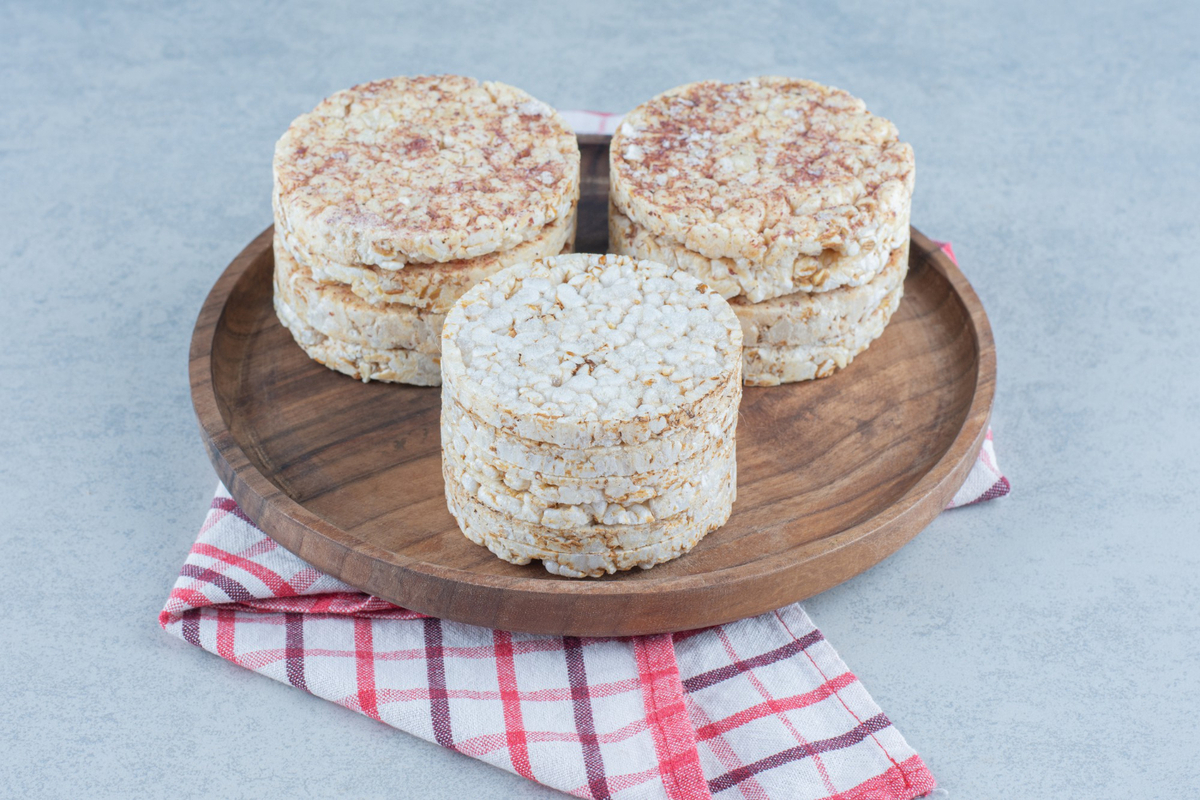Rice cakes have long been a staple in pantries around the globe, celebrated for their versatility and convenience. However, when it comes to their health benefits, opinions are decidedly mixed. This comprehensive guide delves into whether rice cakes are a nutritious choice and how they can fit into a balanced diet.
Nutritional Profile of Rice Cakes
Rice cakes, particularly those made from whole-grain brown rice, offer a range of nutrients including fiber, minerals, and vitamins. However, the nutritional value can vary significantly between brown and white rice cakes:
- Calories and Macronutrients: A plain brown rice cake typically contains about 35 calories and less than 1 gram of protein, making it a low-calorie snack option.
- Vitamins and Minerals: They are a source of manganese and niacin, essential for immune health and energy production, respectively. Manganese aids in bone formation and blood clotting, while niacin supports skin health and the nervous system.
For more on the benefits of whole grains, visit the Whole Grains Council.
Health Benefits of Rice Cakes
Moreover, rice cakes made from whole grains like brown rice can offer several health benefits:
- Fiber Content and Digestive Health: The fiber in whole-grain rice cakes aids digestion and can contribute to a feeling of fullness, which is crucial for weight management.
- Low-Calorie Snack for Weight Management: Their low calorie count makes rice cakes a popular choice for those looking to lose or manage their weight effectively.
- Gluten-Free Nature: Additionally, brown rice cakes are naturally gluten-free, making them a safe option for those with gluten sensitivities or celiac disease. For more information on gluten-free diets, check out the Celiac Disease Foundation.
Potential Downsides
Despite their benefits, rice cakes also have potential downsides to consider:
- High Glycemic Index: White rice cakes have a high glycemic index (GI), which can cause a rapid spike in blood sugar levels, potentially leading to energy crashes and hunger pangs shortly after consumption.
- Reduced Antioxidant Properties: Furthermore, the puffing process may lower the antioxidant properties of the rice, reducing its ability to combat free radicals.
- “Empty Calories”: Flavored or white rice cakes can contain “empty calories” with little nutritional value, often lacking in essential nutrients like fiber, vitamins, and minerals.
Making Rice Cakes a Healthier Option
To maximize the health benefits of rice cakes, consider the following tips:
- Opt for Whole-Grain Brown Rice Cakes: Choosing whole-grain options increases your intake of fiber and essential nutrients.
- Pair with Protein or Healthy Fats: Combining rice cakes with protein or healthy fats, such as almond butter, avocado, or a slice of turkey, can help balance blood sugar levels and increase satiety.
- Get Creative with Healthy Toppings: Toppings like hummus and vegetables, fresh fruit and a sprinkle of cinnamon, or Greek yogurt and berries can transform a plain rice cake into a nutritious and satisfying snack.
FAQs
- Are rice cakes a good snack for weight loss?
- Yes, especially if you choose whole-grain varieties and watch your toppings to ensure they are nutrient-dense and balanced.
- Can eating rice cakes improve digestive health?
- The fiber in whole-grain rice cakes can aid digestion and promote gut health.
- How do rice cakes fit into a gluten-free diet?
- Being naturally gluten-free, brown rice cakes are a safe and versatile snack option for those with gluten sensitivities.
- Do rice cakes have any nutritional value?
- Yes, whole-grain rice cakes offer fiber, manganese, niacin, and other nutrients, contributing to a balanced diet.
In conclusion, rice cakes can be a healthy addition to your diet when chosen wisely and consumed as part of a balanced diet. Opting for whole-grain varieties and pairing them with nutritious toppings can enhance their health benefits, making them a versatile and convenient snack option. Whether you’re looking for a low-calorie snack to aid in weight management or a gluten-free option to accommodate dietary restrictions, rice cakes can be a suitable choice when approached with mindfulness towards their nutritional content and potential downsides.

